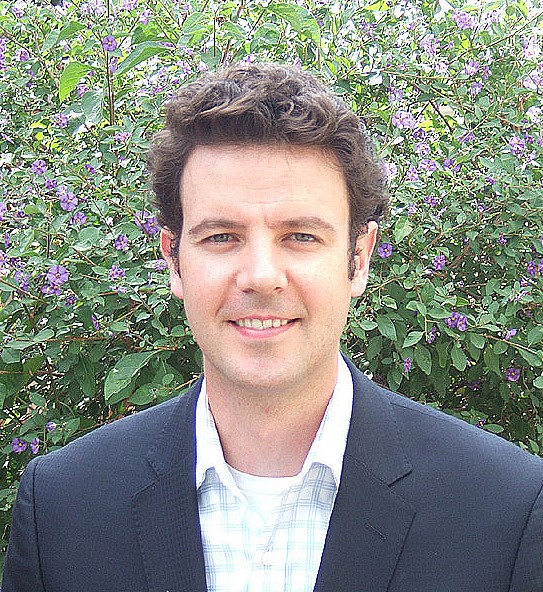Li-ion and Li-Air Batteries: Harnessing Oxygen Redox and Understanding Interfacial Reactivity in High Energy Batteries
Wednesday, November 6, 2019
Perlstein Hall 131 – Auditorium
3:15 p.m.–4:00 p.m.
Abstract
Multiple directions in battery research are now being pursued with the goal of advancing beyond the specific energy limits imposed by current Li-ion batteries. When considering the design of new high-energy storage systems, new materials, processes, or chemistries are introduced that are inherently more unstable than conventional Li-ion battery materials, resulting in limited battery cycle life and safety. Two such examples of high energy battery chemistries, high voltage operation of Ni-rich Li[Ni, Mn, Co]O2 Li+ insertion electrodes (Ni-rich NMC) and Li-O2 electrochemistry, will be discussed in this presentation. Previous observations of high-voltage instabilities include NMC surface reconstruction, transition metal dissolution, electrolyte decomposition, and formation of solid surface species. However, the picture of these processes is still incomplete, with the dependence on electrolyte and NMC composition not yet fully understood. I will present results in which isotopic labeling of 18O in Ni-rich NMCs is combined with quantitative gas evolution analysis to identify key contributions to these high voltage instabilities, including instabilities related to solid-state anionic (oxygen) redox and the surprising impact of residual solid lithium carbonate (Li2CO3) on electrolyte and electrode degradation. These results are reminiscent of similar issues with Li2CO3 formation during Li-O2 battery operation, where large overpotentials are observed during battery charging as a result of parasitic interfacial carbonate formation. This presentation will emphasize the need to accurately quantify these minor parasitic side reactions to fully understand their large influence on battery performance.

Bryan D. McCloskey
Department of Chemical and Biomolecular Engineering, UC, Berkeley
Energy Storage and Distributed Resources Division, LBNL
Short Biography
Bryan D. McCloskey is an Assistant Professor in the Department of Chemical and Biomolecular Engineering at the University of California, Berkeley, and holds a joint appointment as Faculty Engineer in the Energy Storage and Distributed Resources Division at Lawrence Berkeley National Laboratory. His laboratory focuses on characterization of fundamental electrochemical processes to provide guidance for the development of energy storage, electrocatalytic, and corrosion-resistant materials. He was previously a Research Staff Member (2012-2013) at IBM Almaden Research Center, where he worked on understanding fundamental characteristics of electrochemical processes occurring in Li-O2 batteries. He has won many awards for his research, including a NSF CAREER Award and the VW/BASF Science Award: Electrochemistry.
